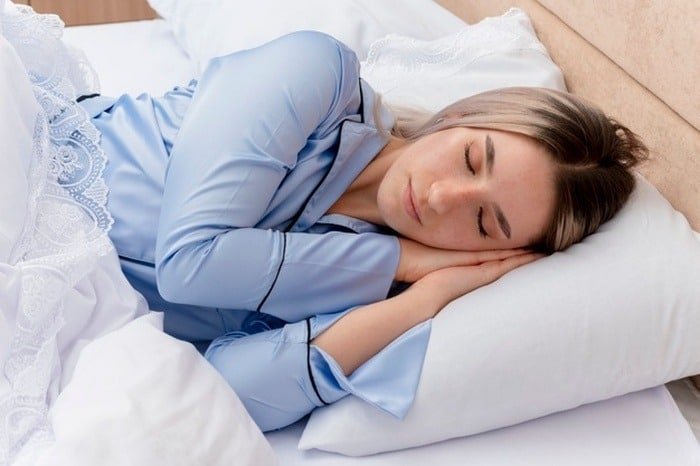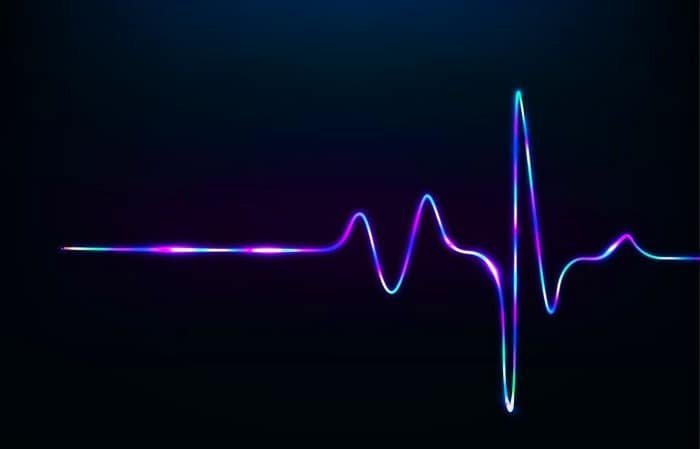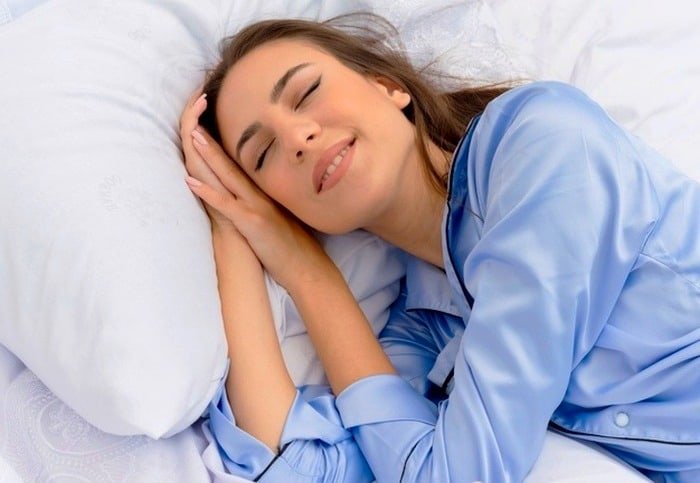Overview of important changes and conditionsThe body during sleep
Various research teams are studying different organs every day to provide us with accurate and real information. In this section of health and wellness.SelMagzWe decided to discuss the effects of sleep on the body and explain how sleeping can impact the brain and body organs, which many of you may not be aware of.
What happens inside our body when we sleep?
When you sleep, your body undergoes a series of changes, and this rest occurs throughout the body with all organs in a state of relaxation. Sleep allows the brain and body to function at a slower pace, essentially entering a recovery process that improves mental and physical performance the next day and long-term.
If you do not get enough sleep, the main body functions will be disrupted in the short term. Thinking, concentration, energy levels, and mood will change, so ensuring you get enough sleep—between 7 to 9 hours a night—will improve everything. What happens during sleep involves different stages, highlighting the complexity and importance of sleep for overall health.

What happens to our body and mind when we sleep?
Every part of the body experiences changes during sleep, and thousands of neurons in the brain transition from waking to sleeping, sending signals to the entire body. The biological role of sleep is not fully understood; however, researchers have shown that it causes changes in the immune and cardiovascular systems and regulates metabolism.
Breathing
During the Non-REM stage, breathing slows down to its lowest rate and becomes irregular and fast during the REM stage.
Heart Rate
The heart rate slows down slightly during stage one and reaches its lowest rate in stage three. During the REM phase, the heart rate resembles that of waking.

Muscle Mass
Muscles gradually relax in each stage of Non-REM sleep, and the body’s overall energy declines. In REM stage, most muscles become paralyzed in a state called atonia, while the eye and respiratory muscles remain active.
Brain and Mind Activity
When examining brain waves during sleep, different patterns from wakefulness were observed. In the early stages of sleep, brain wave speed decreases. In stages two and three, brain activity changes. During REM sleep, various types of brain waves emerge, altering brain activity.
Sleep and Dreams
Dreaming typically occurs during the REM stage but can also happen in other stages. However, it exhibits different patterns at various stages.

Hormonal Levels
The amount of sleep and the body’s internal clock or circadian rhythm play a crucial role in regulating the production of various hormones. For instance, melatonin is secreted during sleep, regulating sleep and improving muscle and bone conditions as well as stress response.StressHormones fluctuate during different sleep stages, impacting sleep quality throughout the day.







